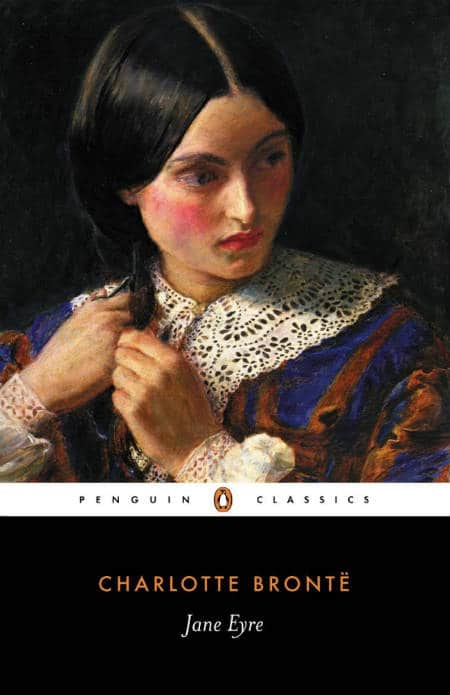
The romantic era of fiction featured the downtrodden governess in many novels. The most famous, of course, is Jane Eyre by Charlotte Bronte. The governesses typically start out poor and oppressed but eventually create their fortunes and success. During their paths to better lives, they fall in love and discover their hearts as well. However, that is secondary to the lives they strive for in the story. Each of these women are role models with characteristics of female strength and determination. Governesses are usually portrayed as heroines, but they can also sometimes be presented as a morally ambiguous character. Whatever the case, they prove that they can survive in a man’s world without being a damsel in distress. Instead of being at the whims of fate, they create their own destinies.
RELATED Fairy Tales in Classics – Jane Eyre
Five Fictional Governesses that Empower Females
#1 Jane Eyre, Jane Eyre
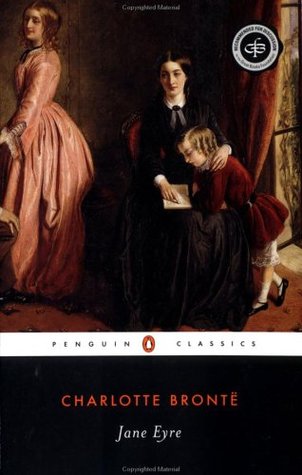
Jane is perhaps the most famous fictional governess who taught women never to compromise ourselves for happiness. From her abusive childhood to her disastrous romance with Mr. Rochester, Jane never gave up hope or her goodness. Jane turns away from what she believes to be evil to find her own way in the world. After spending most of her life taking orders from someone, Jane relishes her freedom. Girls can have ambitions and be happy without giving up what they believe.
#2 Agnes Grey, Agnes Grey
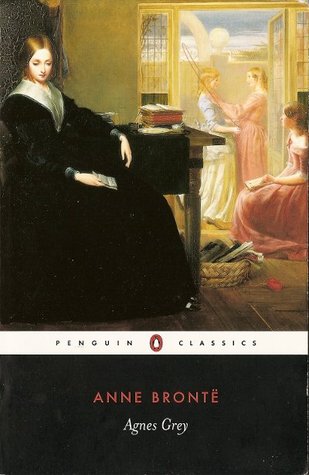
Agnes Grey is modeled after Anne Bronte’s personal experience as a governess. Agnes’ story portrays the hardships governesses had to endure under their employers. Agnes fights against the cruelty of the Bloomfields and Murrays while keeping her morals intact. Agnes is not a bold heroine, but she doesn’t deviate from what she believes is right. Agnes only endures for so long until she breaks free to find happiness with Mr. Weston.
#3 Mary Morstan, Sherlock Holmes Mysteries
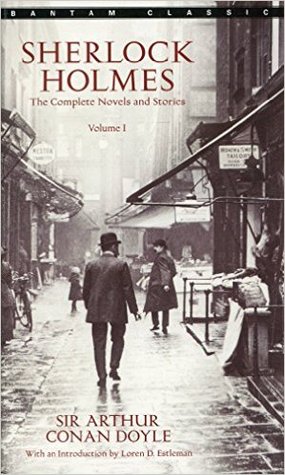
Mary began her life as a governess before meeting Sherlock and Dr. Watson. Like most governesses, her life was spent at the whims of the children she taught and her employers. She quits that life to follow a new destiny as the wife of part of the famous crime-solving duo. Mary’s keen intelligence and patience sees her through her husband’s adventures although she is not a central character except in The Sign of Four. Instead of toiling away for the rest of her days, she follows her heart instead.
#4 Becky Sharp, Vanity Fair
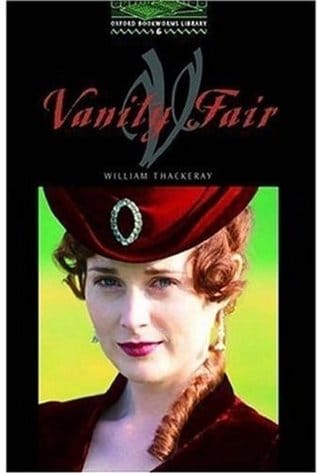
Becky is not a good example of a morally good character, but she does take her life into her own hands. She refused to remain a poor and forgotten governess for the remainder of her days. Instead, she takes her charm and wit out into the world to shape her image. Becky’s ambition leads her from teaching to being a noblemen’s wife. While Becky is not a good person, she does teach women to choose their lives for themselves and not be dictated by others.
#5 Guinevere Pettigrew, Miss Pettigrew Lives for a Day
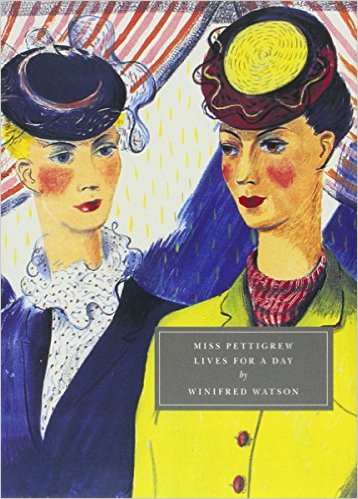
Miss Pettigrew spent most of her life teaching children and feeling like a second-rate citizen. Her life was never her own until she is assigned to keep watch over a singer. That one decision to accept the job opens up new possibilities for Guinevere. She learns to live and make her own choices, from where she goes to who she falls in love with. This all happens when she is middle-aged, which proves that you can change your life at any time.
A governess, in reality, was one of the only careers a female could have and they often lived tough lives. However, these fictional heroines break from their chains and inspire women to live life and follow their dreams.
Share your favorite fictional governess in the comments below.
ARE YOU A ROMANCE FAN? FOLLOW THE SILVER PETTICOAT REVIEW:
 Our romance-themed entertainment site is on a mission to help you find the best period dramas, romance movies, TV shows, and books. Other topics include Jane Austen, Classic Hollywood, TV Couples, Fairy Tales, Romantic Living, Romanticism, and more. We’re damsels not in distress fighting for the all-new optimistic Romantic Revolution. Join us and subscribe. For more information, see our About, Old-Fashioned Romance 101, Modern Romanticism 101, and Romantic Living 101.
Our romance-themed entertainment site is on a mission to help you find the best period dramas, romance movies, TV shows, and books. Other topics include Jane Austen, Classic Hollywood, TV Couples, Fairy Tales, Romantic Living, Romanticism, and more. We’re damsels not in distress fighting for the all-new optimistic Romantic Revolution. Join us and subscribe. For more information, see our About, Old-Fashioned Romance 101, Modern Romanticism 101, and Romantic Living 101.
